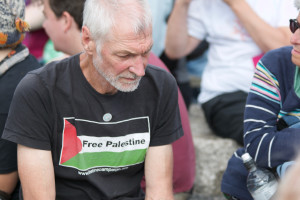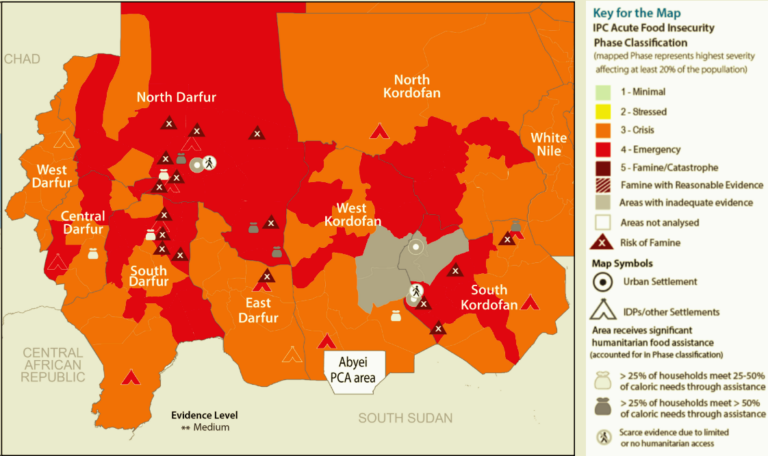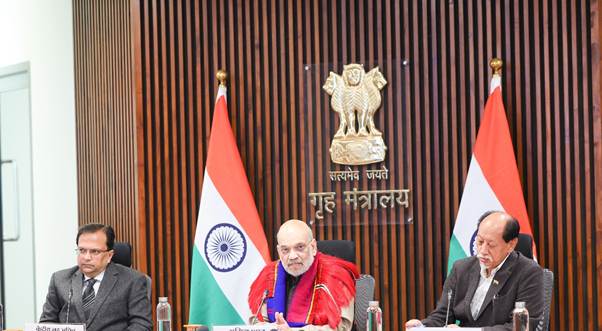
Jerusalem/Geneva: The decision of Israeli Minister of Defence, Benny Gantz, to designate six Palestinian human rights and civil society groups as terrorist organisations, has come under international scrutiny.
The six Palestinian organizations are Addameer, Al-Haq, Defense for Children International – Palestine, the Union of Agricultural Work Committees, the Bisan Center for Research and Development, and the Union of Palestinian Women Committees. Among the communities that they work with are Palestinian women and girls, children, peasant families, prisoners and civil society activists, all of whom face increased levels of discrimination and even violence.
“These organisations speak the language of universal human rights,” United Human Rights experts claimed today in Geneva. “They use a rights-based approach to their work, including a gendered analysis, to document human rights abuses of all kinds in Palestine, including business-related human rights abuses,” they stated.
There are concerns that this designation would effectively ban the work of these human rights defenders, and allow the Israeli military to arrest their staff, shutter their offices, confiscate their assets and prohibit their activities and human rights work.
Lynn Hastings, the Untied Nations Humanitarian Coordinator based in Jerusalem, issued a statement expressing her concern about this. In New York, the United Nations Secretariat stated that its office in Jerusalem, in addressing the issue, continues to engage with the Israeli authorities and the concerned parties. “I think the Secretary‑General has repeatedly expressed concern about the shrinking space for civil society in many places around the world, including in Israel and the Occupied Palestinian Territory,”Stéphane Dujarric, Spokesman for the UN Secretary‑General, told reporters.
Human Rights experts too noted their concern that at least for one of these organisations, this decision may have been taken as a form of reprisal for cooperation with UN entities.
“This designation is a frontal attack on the Palestinian human rights movement, and on human rights everywhere,” said the experts. “Silencing their voices is not what a democracy adhering to well-accepted human rights and humanitarian standards would do. We call upon the international community to defend the defenders.”
The experts said that anti-terrorism legislation is designed for a specific and restricted purpose, and must not be used to unjustifiably undermine civil liberties or to curtail the legitimate work of human rights organisations. The United Nations Security Council, the General Assembly and the Human Rights Council have all been clear about the requirement to apply counter-terrorism measures in a manner which is consistent with international law and does not violate States international obligations, they said.
“The misuse of counter-terrorism measures in this way by the government of Israel undermines the security of all,” the experts said. “The freedoms of association and expression must be fully respected in order to enable civil society to perform its indispensable work, and cannot be undermined by the manifestly egregious misuse of counter-terrorism and security legislation.”
The human rights experts called upon the international community to use its full range of political and diplomatic tools to request that Israel review and reverse this decision. “These civil society organisations are the canaries in the human rights coalmine, alerting us to the patterns of violations, reminding the international community of its obligations to ensure accountability, and providing voices for those who have none,” the experts said.
They claimed that the Israeli military has frequently targeted human rights defenders in recent years, as its occupation has deepened, its defiance of international law has continued and its record of human rights violations has worsened. “While international and Israeli human rights organisations have faced heavy criticism, legislative restrictions and even deportations, Palestinian human rights defenders have always encountered the severest constraints,”,” the experts said.
These experts are Michael Lynk, Special Rapporteur on the situation of human rights in the Palestinian Territory occupied since 1967; Mary Lawlor, Special Rapporteur on the situation of human rights defenders; Fionnuala Ní Aoláin, Special Rapporteur on the promotion and protection of human rights while countering terrorism; Irene Khan, Special Rapporteur on the promotion and protection of the right to freedom of opinion and expression; Melissa Upreti (Chair), Dorothy Estrada Tanck (Vice-Chair), Elizabeth Broderick, Ivana Radačić, and Meskerem Geset Techane, Working Group on discrimination against women and girls; Reem Alsalem, Special Rapporteur on violence against women, its causes and consequences; Clément N. Voule, UN Special Rapporteur on the right to peaceful assembly and association; Surya Deva (Chairperson), Elżbieta Karska (Vice-Chairperson), Githu Muigai,Dante Pesce, and Anita Ramasastry of the Working Group on Business and Human Rights: Siobhán Mullally, Special Rapporteur on trafficking in persons, especially women and children.
– global bihari bureau





